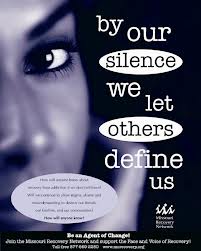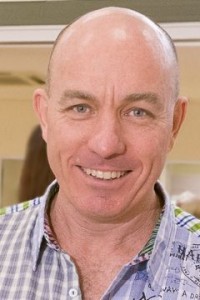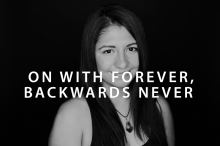 The research conducted by Patrick Biernacki, with 101 former heroin addicts, showed some of the courses that people take in their lives when they give up using the drug without the aid of treatment. This is the last part of this series of blog posts.
The research conducted by Patrick Biernacki, with 101 former heroin addicts, showed some of the courses that people take in their lives when they give up using the drug without the aid of treatment. This is the last part of this series of blog posts.
When people resolve to stop using heroin, they face a variety of problems that go beyond the cravings for the drug and the temptation to use again. These additional problems are related to their attempts to fashion new identities and social involvements in worlds that are not associated with drug use.
As Biernacki pointed out, ‘The manner of termination and the course [or courses] that follow withdrawal from opiates are closely related to the degree that the addicts were involved in the world of addiction, to the exclusion of activities in other, more ordinary worlds, and to the extent that they had ruined conventional social relationships and spoiled the identities situated in them.’















